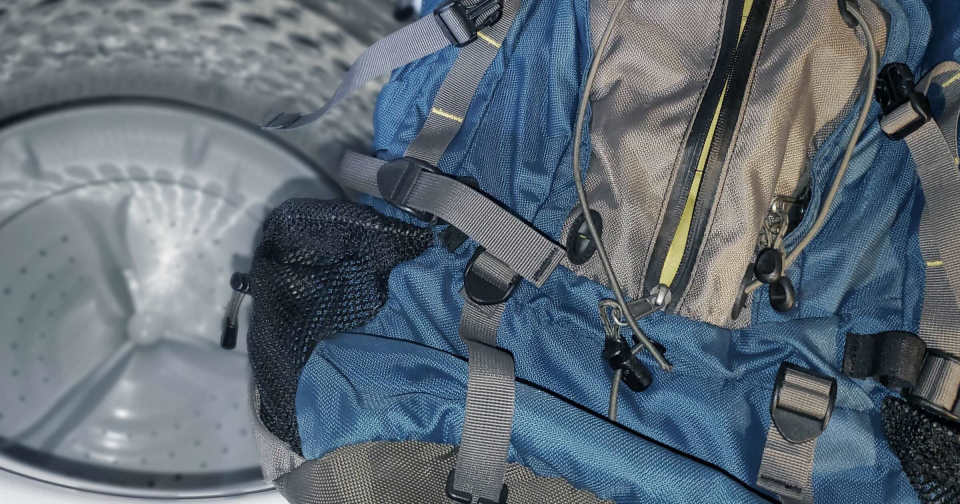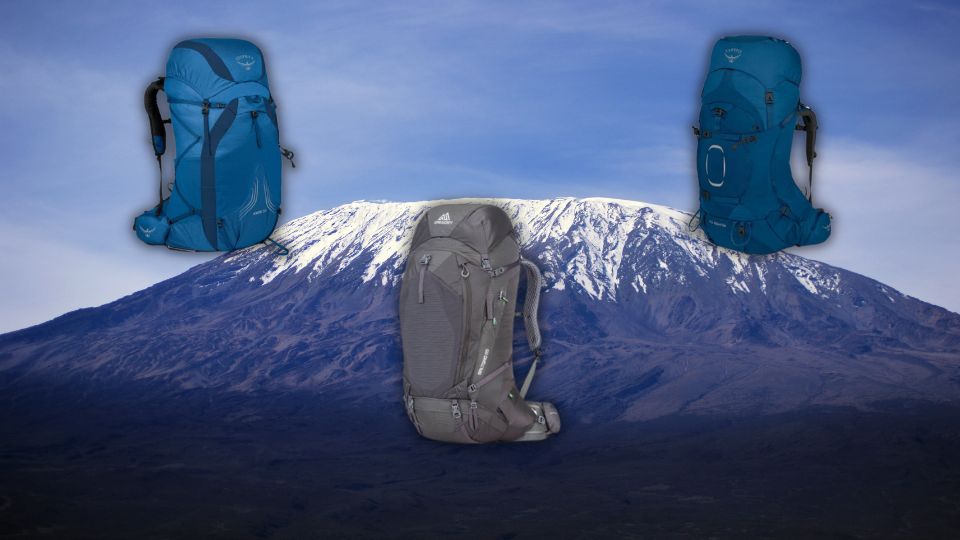Are you curious about how fast humans can run? Perhaps you’re wondering if you have what it takes to become a faster runner. We’ll explore the topic of human running speed from various angles. We’ll cover the average running speed of humans, the factors that can affect running speed, and even share tips on how to improve your running speed. We’ll also answer some common questions, such as whether a human can run 20 mph and if 15 mph is considered fast. If you’re ready to learn more about human running speed, keep reading!
Introduction

Running is a popular form of exercise that many people enjoy. While some people run simply for fun, others like to compete and push their limits. One common question many people have is, “How fast can an average human run?”
The answer to this question isn’t straightforward because there are many factors that can affect a person’s running speed. For example, age, gender, and fitness level can all play a role. Generally speaking, the fastest humans can run speeds of up to 28 miles per hour, but this is not achievable for most people.
- Age: Children and young adults tend to be faster runners than older adults.
- Gender: Men are typically faster runners than women, but this varies by age group.
- Fitness level: Athletes who train regularly and have high levels of cardiovascular fitness tend to be faster runners than those who do not.
So, what is a typical, average human speed? According to research, the average jogging speed for adults is about 5 miles per hour. However, this number can vary depending on the individual. Factors such as weight, height, and body composition can all affect a person’s speed.
| Average running speed by age group: | Average running speed by gender: |
|
|
If you’re looking to improve your running speed, there are several tips that can help. Some strategies include:
- Incorporating interval training into your workouts
- Focusing on building strength and flexibility through cross-training
- Maintaining a consistent training schedule to build endurance over time
- Ensuring proper nutrition and hydration to support your overall fitness goals
Remember, everyone’s running speed is different and can vary depending on numerous factors. Focus on building a routine that works for you and that feels challenging yet achievable. With time and practice, you may find that your speed improves.
What Types of Things Affect Speed?

Running is a popular form of exercise and an efficient way to stay fit. For individuals who enjoy running, it is important to understand the factors that influence running speed. A lot of variables are at play when it comes to how fast a person can run. We will be discussing what types of things affect speed and how runners can use this information to improve their performance.
Firstly, one of the main factors that contribute to running speed is genetics. A person’s height, leg length, and muscle fibers types can determine how fast they can run. Olympic sprinters, for example, often have a genetic predisposition to fast-twitch muscle fibers, which allows them to produce explosive and powerful movements during sprints.
- Another factor that affects running speed is age.
- As we grow older, we tend to lose muscle mass and our reaction time slows down.
- This can impact running performance, particularly when it comes to sprinting and accelerating.
Additionally, environmental conditions can also have an effect on running speed. Temperature and humidity can impact the body’s ability to regulate temperature, making it difficult to run faster. Altitude, on the other hand, can also affect performance. At higher elevations, there is less oxygen available, which makes it difficult for the body to meet its energy needs during exercise.
| Factors that Affect Running Speed | Description |
|---|---|
| Genetics | Determines leg length, muscle fiber types, and height |
| Age | Affects reaction time and muscle mass |
| Environmental conditions | Temperature, humidity, and altitude |
It’s important to keep these factors in mind when training for running performance, as they can greatly impact speed. Runners should focus on factors which they can control, like their diet, training regimen, and sleep habits. By putting in the work and taking steps to improve their running performance, individuals can greatly increase their running speed and hit their personal bests.
How to Run Faster

Running is a great way to stay active and fit. It can be enjoyed alone or with friends and family and doesn’t require any expensive equipment. However, if you want to improve your running performance, there are several things you can do to increase your speed and endurance. We will give you tips on how to run faster.
- Practice interval training – Interval training involves alternating between high-intensity sprints and low-intensity recovery periods. This type of training can help improve your speed and endurance by forcing your body to work harder during bursts of activity. Start by adding short intervals of high-intensity running to your regular workout routine and gradually increase the duration and intensity of the sprints over time.
- Improve your form – Proper running form can help you run faster and more efficiently. Make sure to keep your body upright, your arms and hands relaxed, and your feet landing underneath your body. Take shorter strides and increase your cadence to reduce the impact on your joints and improve your overall speed.
- Incorporate strength training – Building strong leg muscles can help you run faster and prevent injury. Try incorporating exercises such as squats, lunges, and calf raises into your workout routine. Aim for at least two strength training sessions per week.
In addition to these tips, it’s important to stay hydrated, eat a healthy diet, and get enough rest. Remember to listen to your body and gradually increase your intensity and duration to avoid injury. With consistent practice and dedication, you can improve your running speed and reach your personal goals!
Can a Human Run 20 Mph?

Many people wonder if a human can run 20 mph. It seems like an incredibly fast speed, and only a few athletes have ever come close to reaching it. The answer is yes, a human can run 20 mph, but it is incredibly difficult to achieve.
First, let’s put things into perspective. The current land speed record for a human is 44.72 mph, which was set by Usain Bolt in 2009. However, this was achieved under very specific conditions with a significant tailwind. In normal conditions, the fastest a human has ever run is around 28 mph.
So, while 20 mph is not impossible, it is still extremely fast. It requires a combination of factors to reach this speed, including physical fitness and technique. Sprinters are the athletes most likely to reach these speeds since they train specifically for short, explosive bursts of speed.
- Strength training is crucial for achieving high speeds because it helps build the muscles necessary for explosive movement. This includes exercises like squats, lunges, and deadlifts.
- Proper running form is also important. This means maintaining a tall posture, landing on the balls of your feet, and driving your knees forward.

Another factor that affects speed is the environment. Running on flat ground is easier than running uphill or on rough terrain. Wind resistance can also slow you down, which is why sprinters wear form-fitting clothing that reduces drag.
| Factors that affect running speed | |
|---|---|
| Physical fitness | Environment |
| Running technique | Wind resistance |
While it is technically possible for a human to run 20 mph, it is not easy. It requires a great deal of training, proper form, and favorable conditions to achieve these speeds. However, with the right preparation and mindset, anyone can work towards reaching their own personal speed goals.
Is 15 Mph Fast for a Human?

Running is an activity that brings many benefits to our body, both in terms of physical and mental health. One of the main concerns of those who practice this physical exercise is the speed at which they can run.
- Some people wonder whether it’s normal to be able to run at a speed of 15 mph.
- It’s certainly a good speed, but whether it’s fast or not depends on the individual’s fitness level, age, gender, and many other factors.
- Moreover, it’s essential to understand that not everyone can run at the same speed, as each person has their own potential and limitations.
However, if you’re wondering whether 15 mph is fast for a human or not, the answer is yes.

According to scientific studies, the average human running speed varies considerably depending on the gender and age of the person. For example, the average running speed for men is 8.3 mph, while for women, it’s 6.5 mph.
| Age Group | Average Running Speed (mph) |
|---|---|
| 10-15 | 6.5 – 7.5 |
| 20-30 | 7 – 8 |
| 40-50 | 6 – 7.5 |
| 60-70 | 5 – 6 |
As you can see, reaching a running speed of 15 mph is quite an achievement for most people. It requires a lot of physical conditioning, practice, and perseverance.
However, it’s important to note that focusing only on speed may not be the best approach for everyone. Running has many health benefits, such as strengthening muscles, increasing endurance, improving cardiovascular health, and reducing stress.
Therefore, if you’re a beginner or just looking to improve your physical fitness, you should focus on developing a consistent running routine and gradually increasing your speed over time.
At the end of the day, what matters most is not how fast you can run, but how much you enjoy the process and how it makes you feel.




